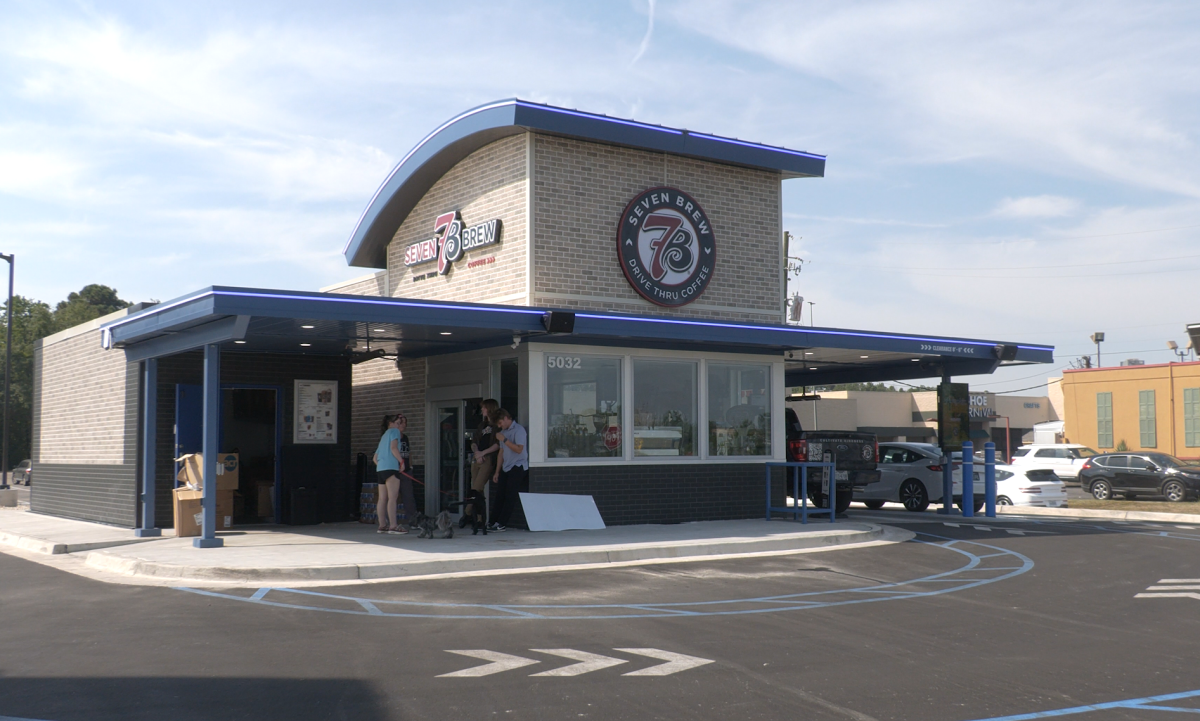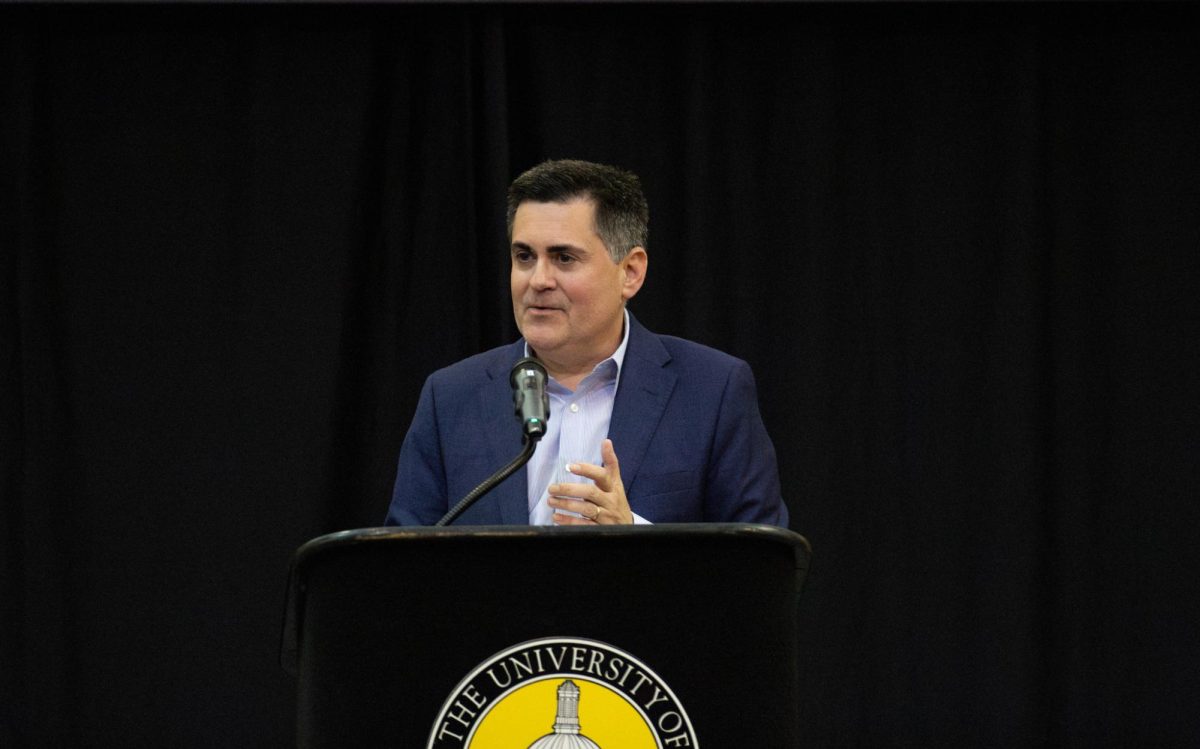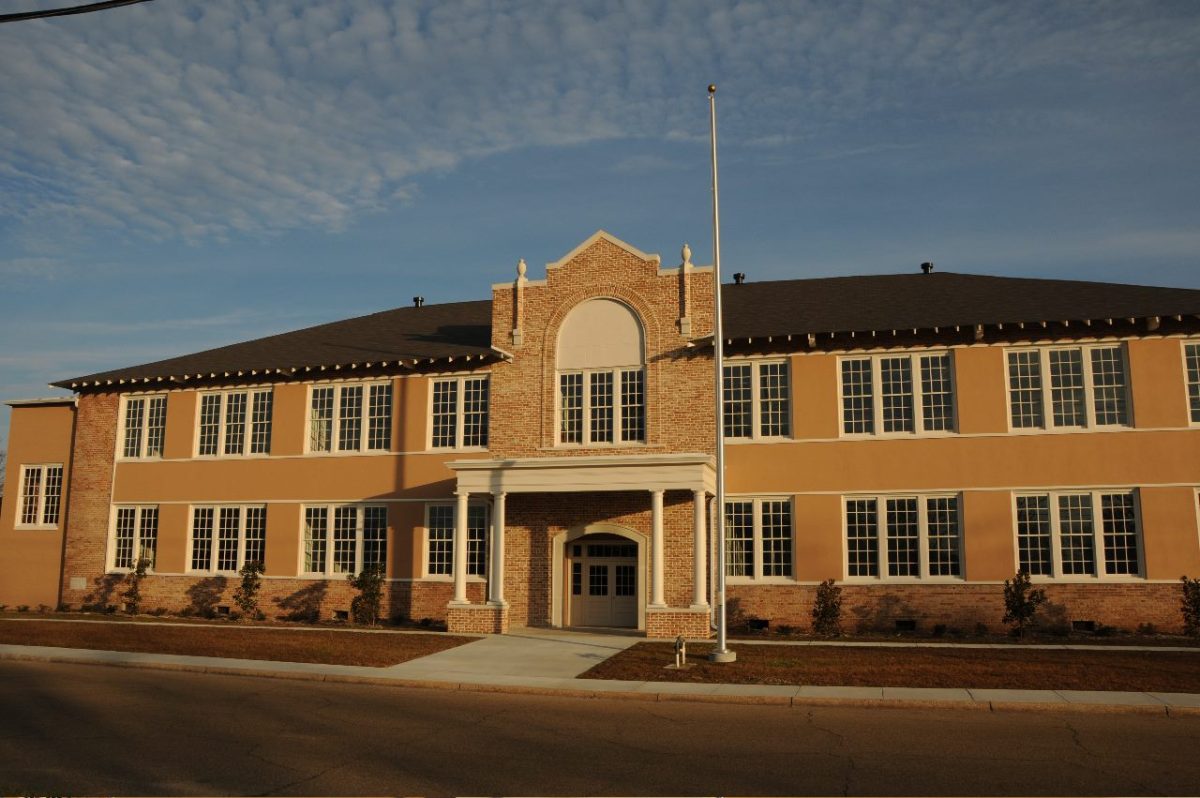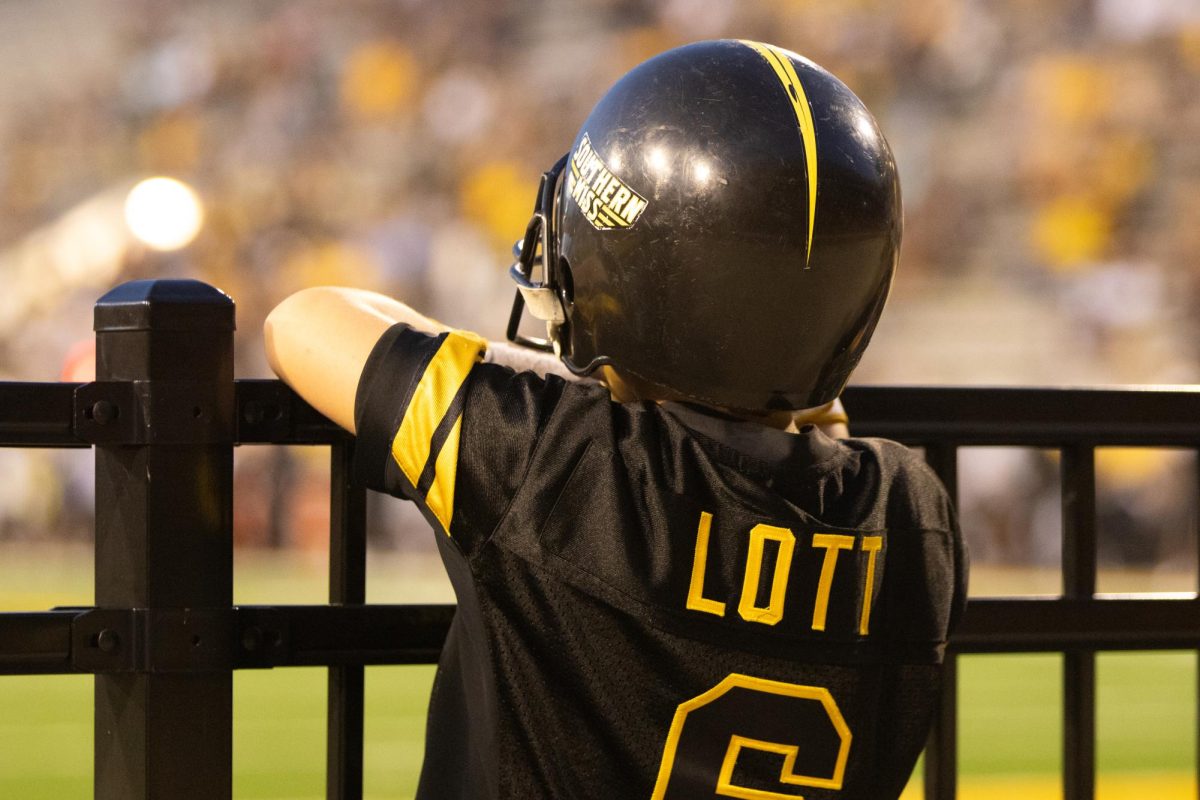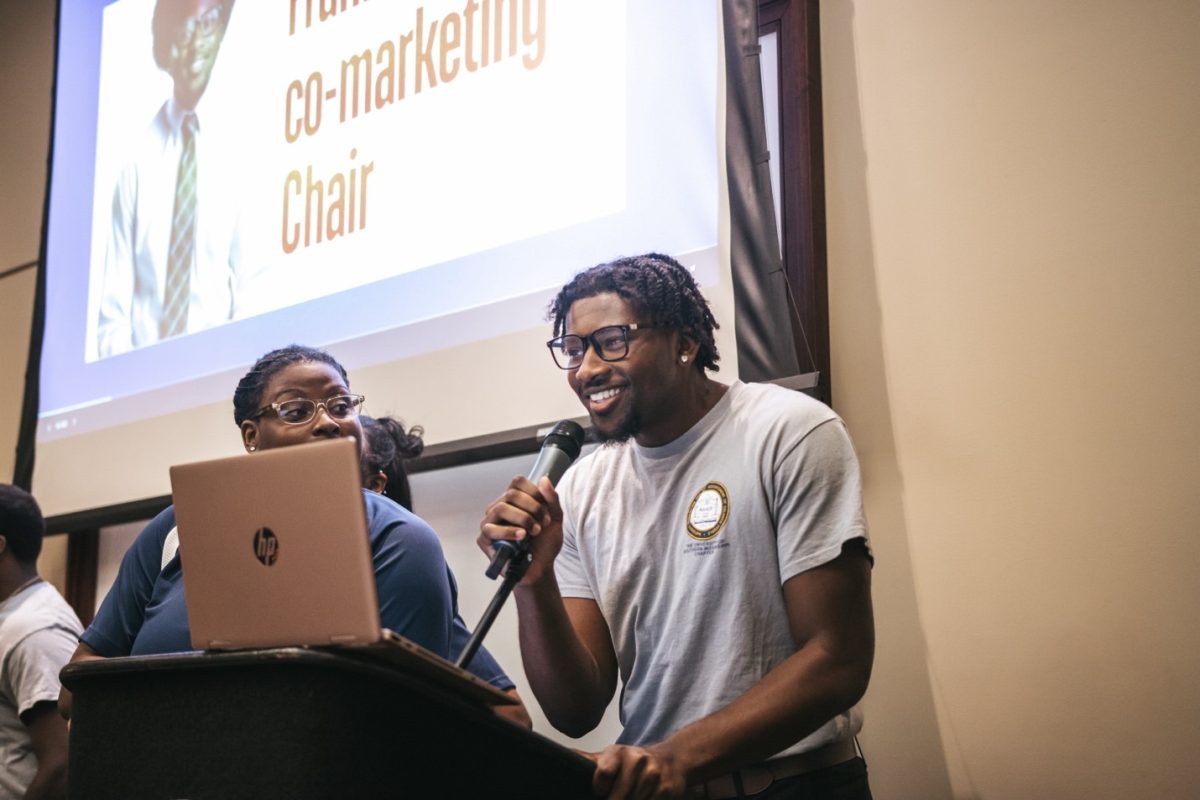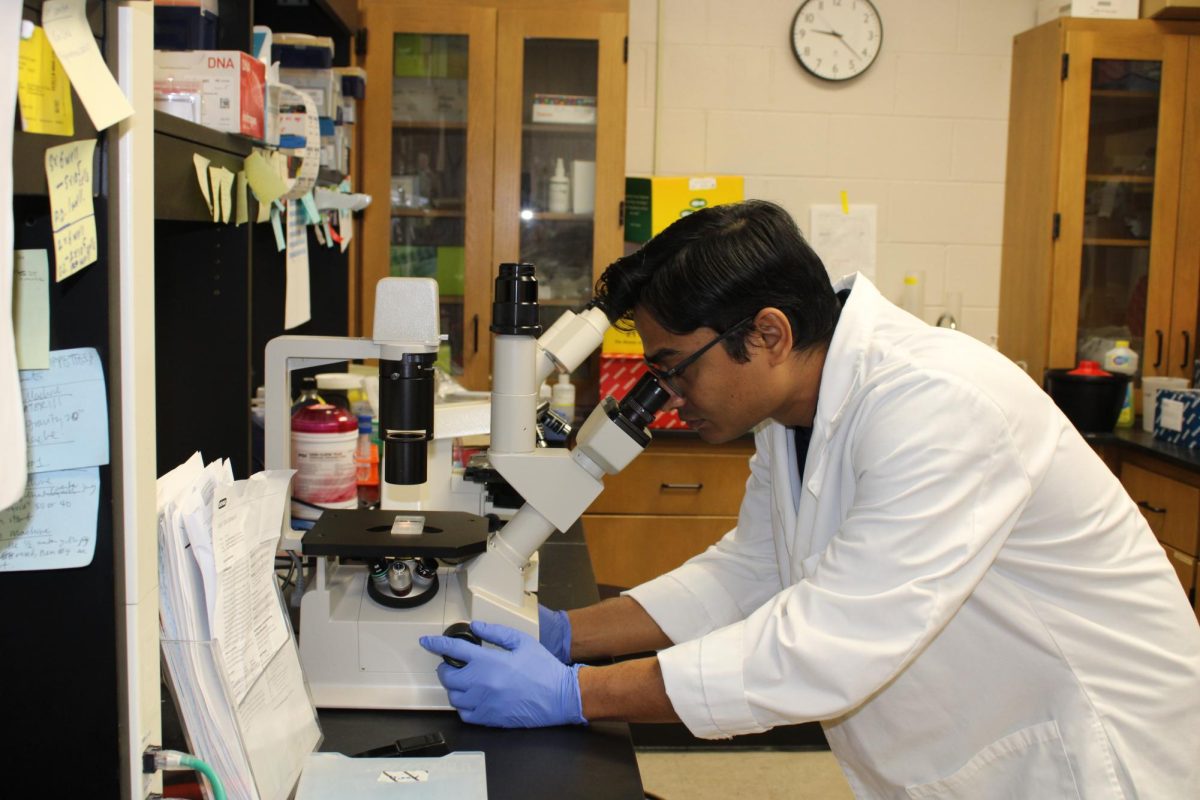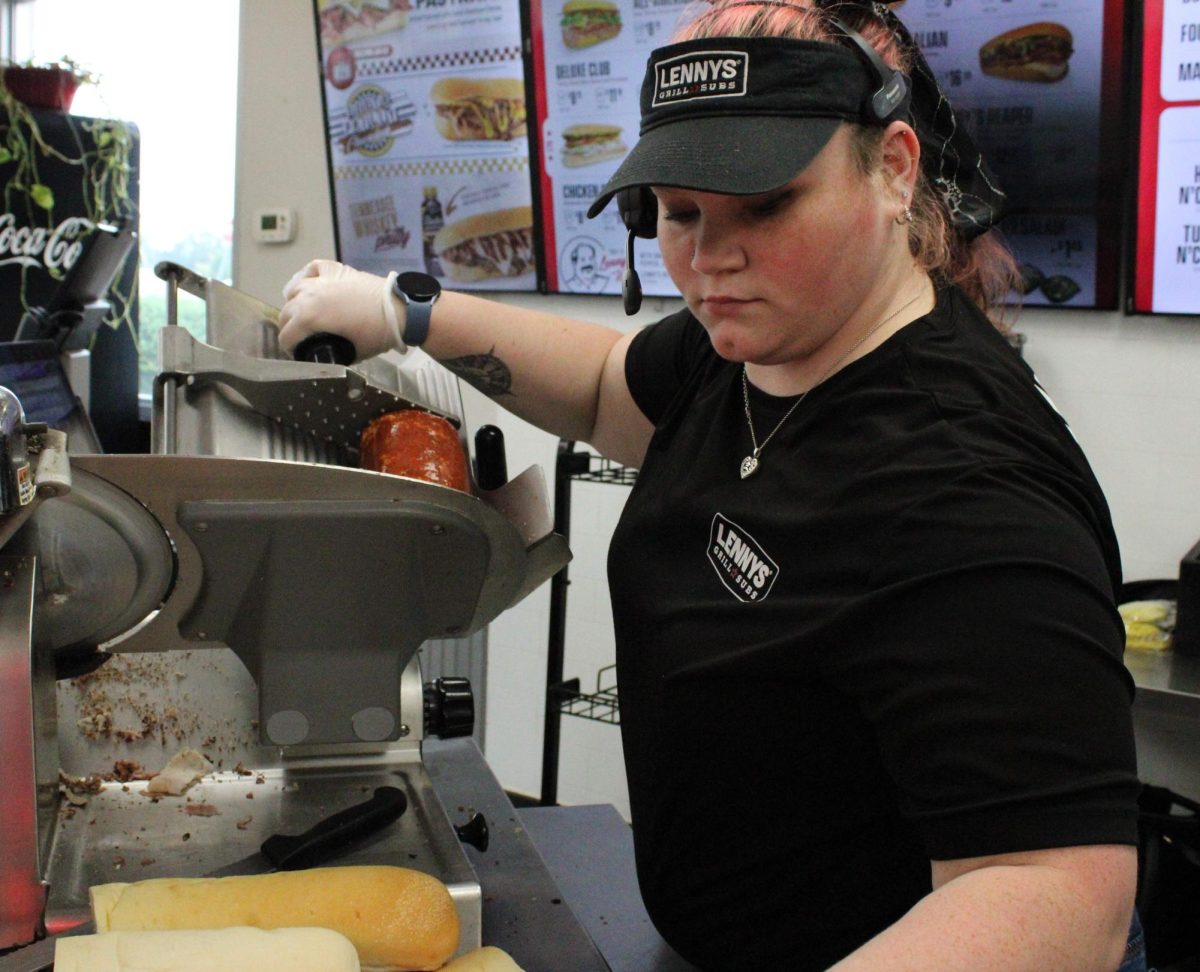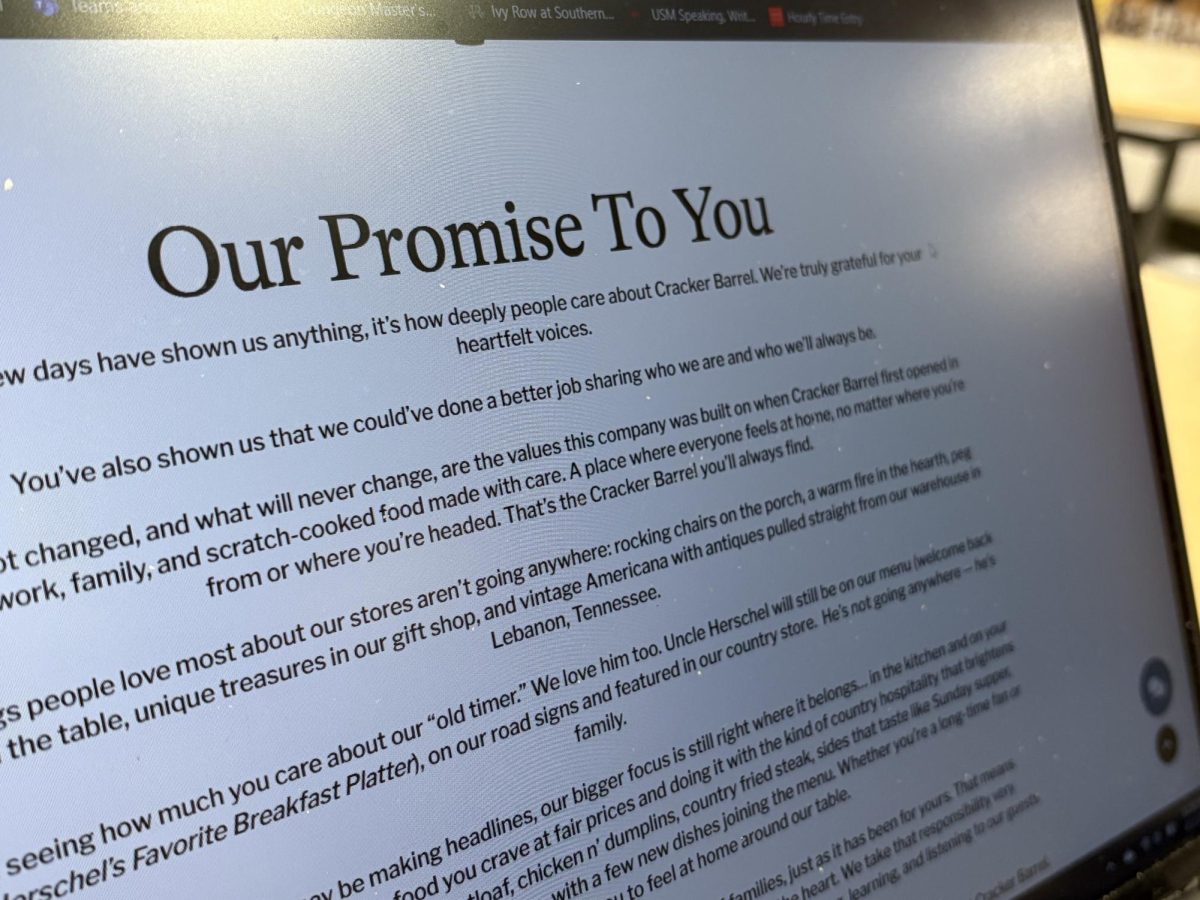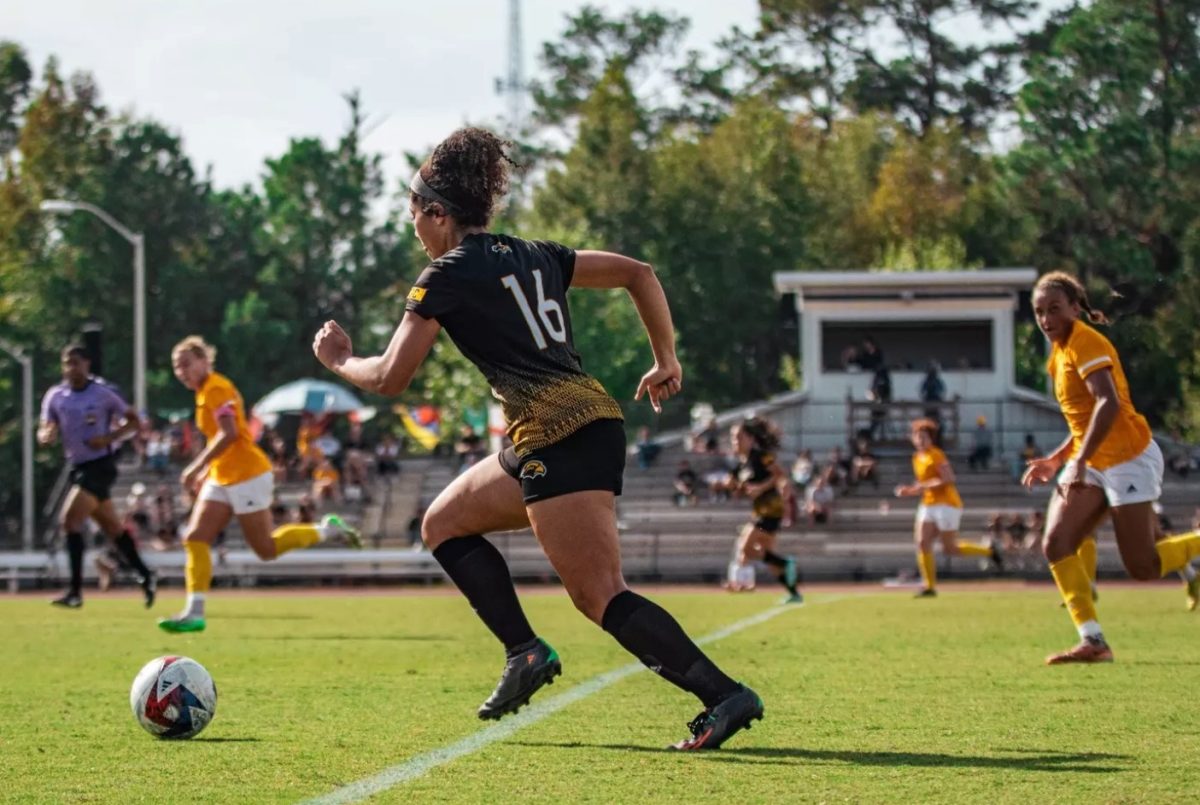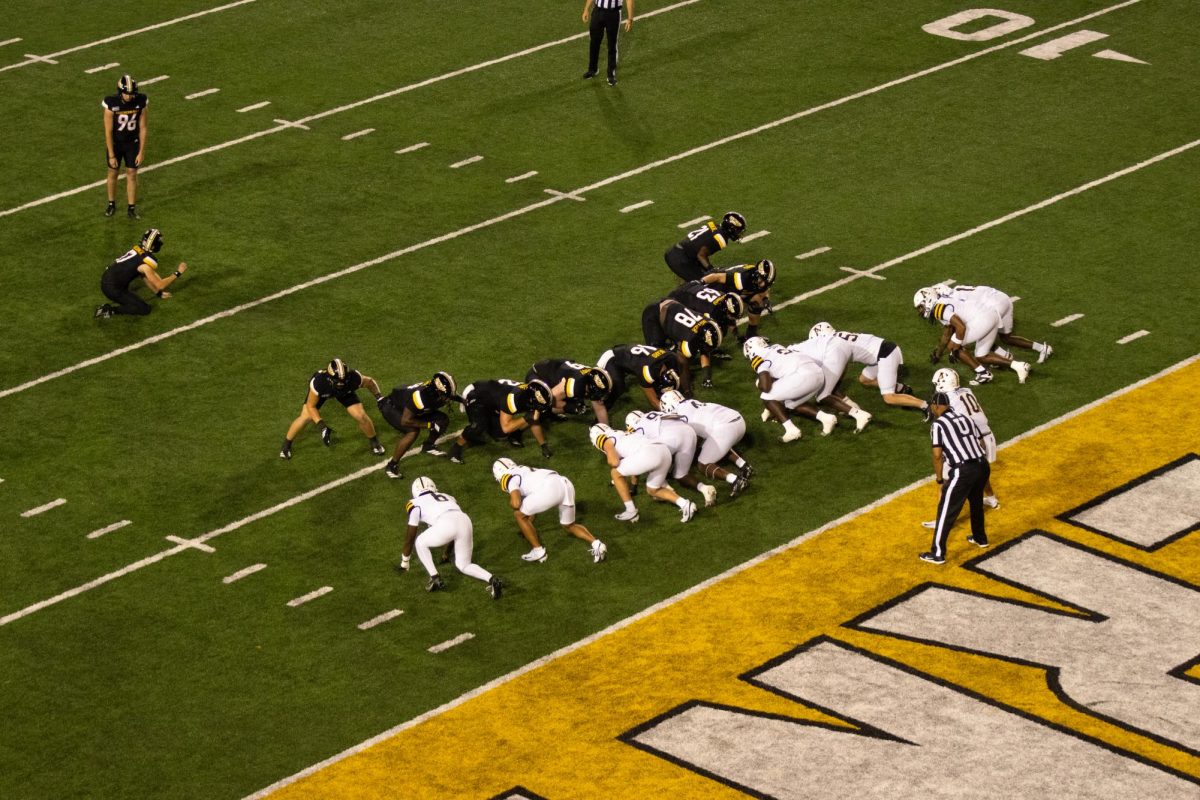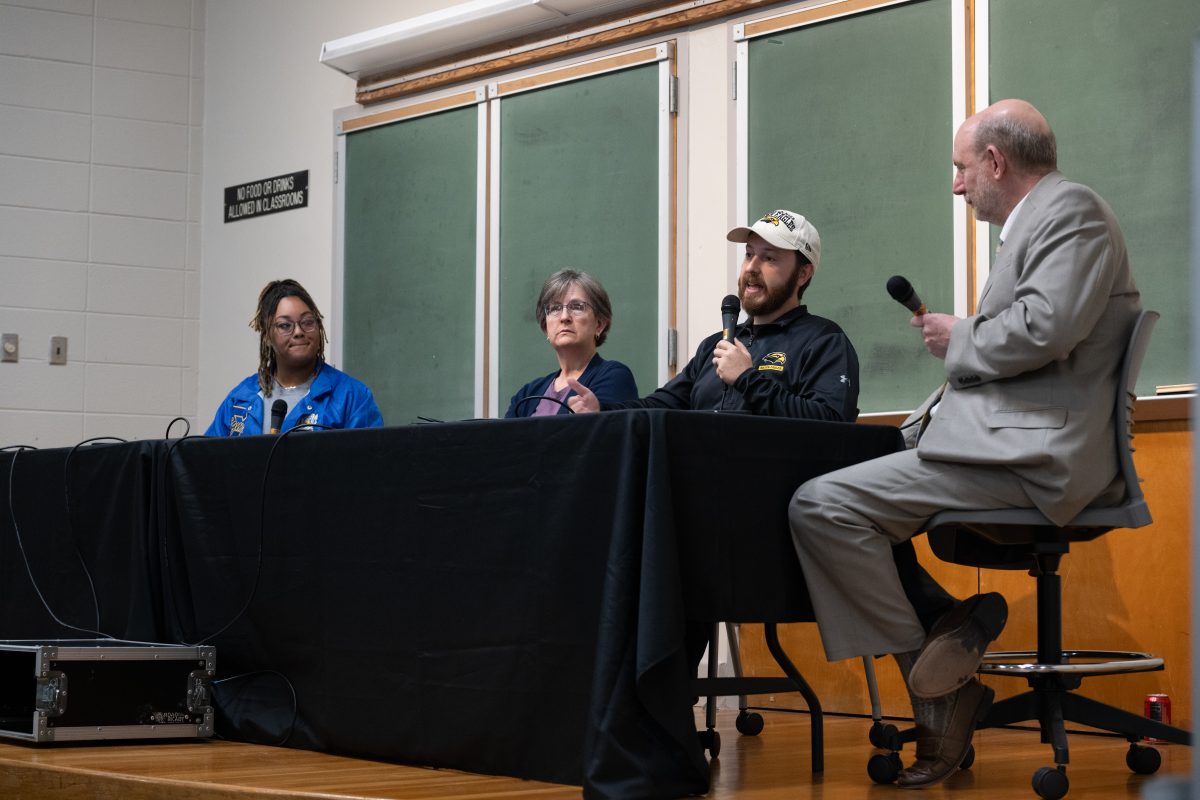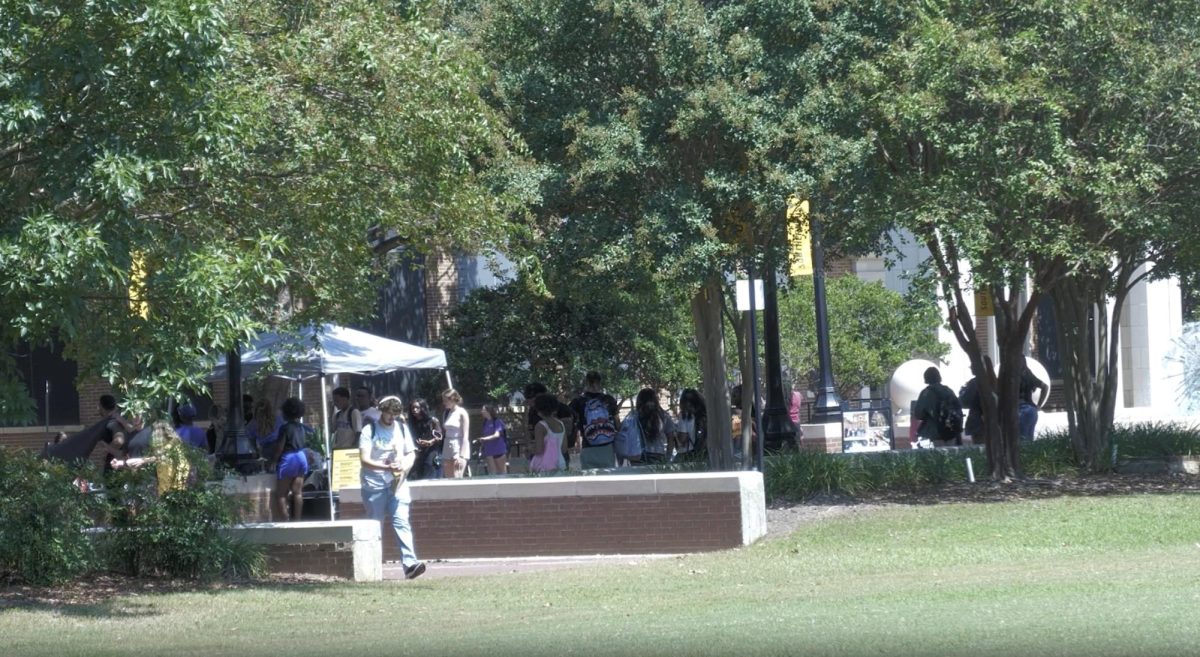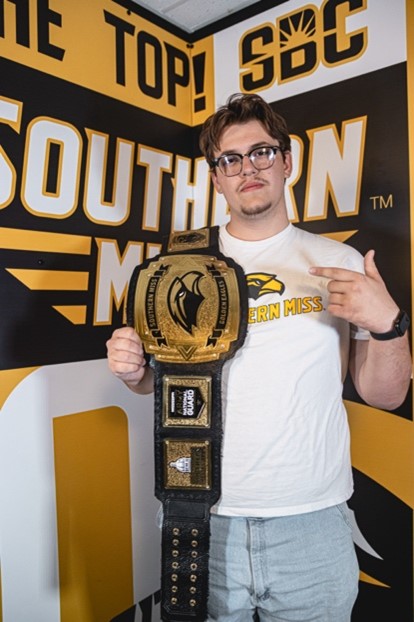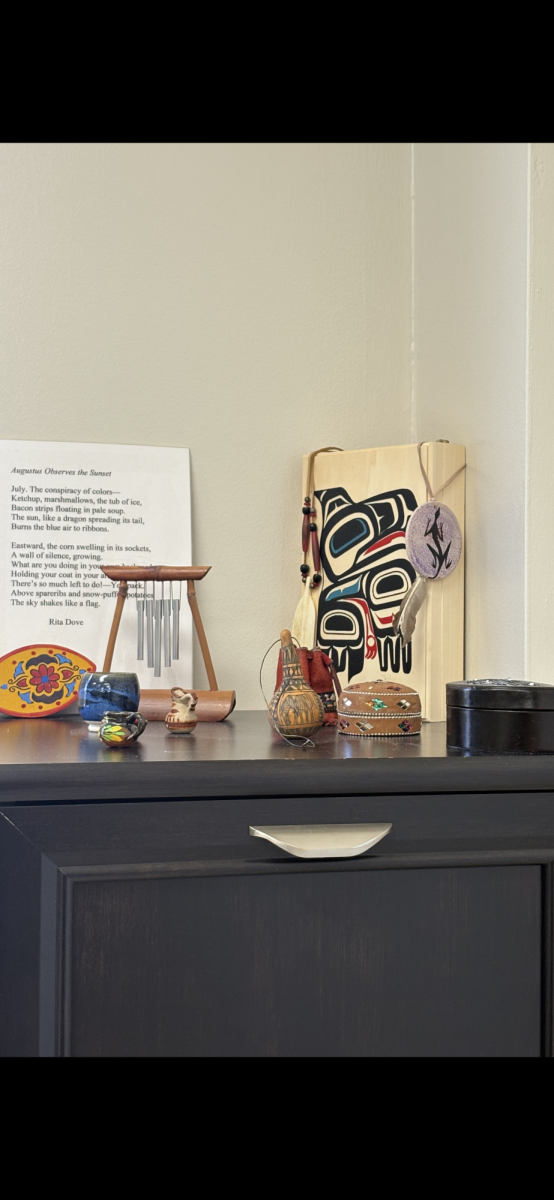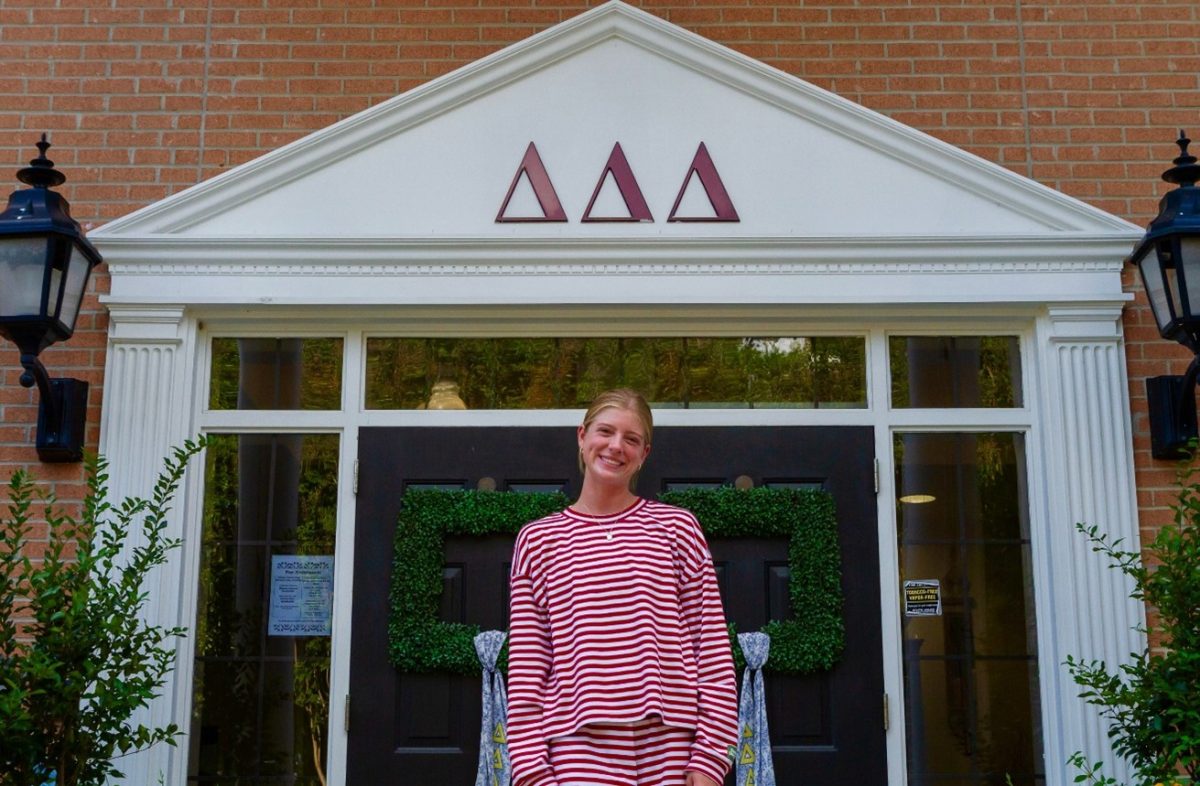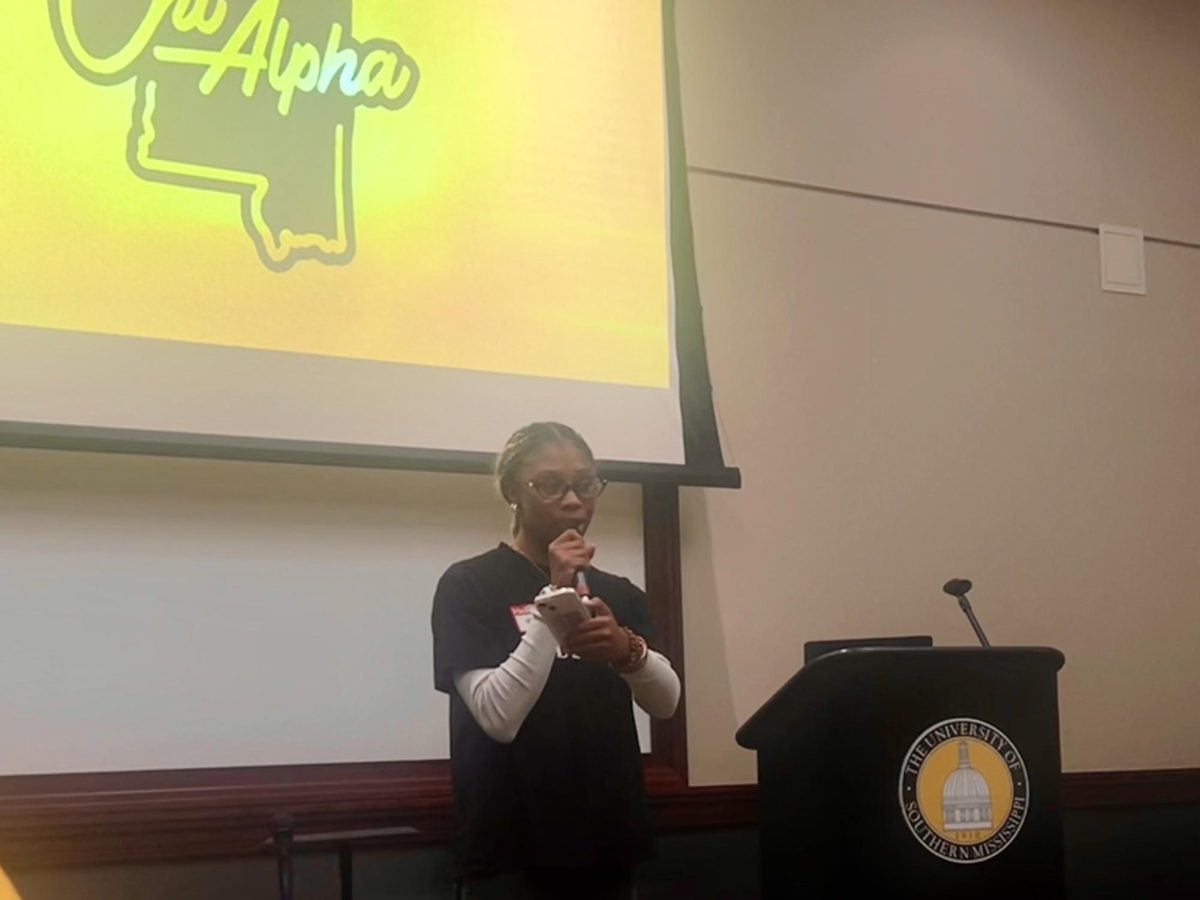With the presidential election fast approaching, the Southern Miss Student Media Center recently hosted a special News You Need panel, addressing key concerns about the election. The discussion focused on students’ fears of publicly commenting on election issues, the role of social media in shaping election news, and vulnerabilities in the election process. Dr. Edgar Simpson, Director of the USM School of Media and Communication, moderated the panel, which featured Dr. Brent Hale, Assistant Professor of Communication Studies; Dr. Ann Marie Kinnell, Associate Professor and Director of Interdisciplinary Studies; and Lillian Scott, the student producer of News You Need.
A common theme among the panelists was the fear students have about voicing political concerns.
“I think students are talking about it,” Scott said. “But I’m not going to say that there isn’t a fear of being canceled for saying the wrong thing. As a student leader, you never know the backlash you’re going to get. But this is an opportunity to share and inform other people my age. But at what cost?”
Dr. Hale echoed this sentiment, adding, “Yeah, I think it’s very obvious. It’s one of those things where politics comes up, and pretty much always starts creating a lot of apprehension, nervousness, anxiety. I find this in my classes when I’m talking to my students. I think it speaks volumes to the type of political environment we live in right now.”
Dr. Kinnell highlighted that this fear extends beyond students, affecting a wide range of people, including educators.
“It’s everyone, not just our students,” Kinnell said. “It’s family members. You may have family members who don’t agree with your political views. Also, a study came out that shows that even professors and instructors will not share their political views with their classes. Professors don’t want to share because we don’t want to be seen as promoting an agenda.”
Hale emphasized that educators have a responsibility to foster these conversations in a way that encourages openness.
“As an educator, it’s part of our job to try to facilitate conversation to create comfort when having difficult conversations,” he said. “This is part of the education and going through the college education.”
Another major topic was the role of social media in the current political climate. Scott acknowledged that social media, particularly platforms like TikTok, play a significant role in how young people consume political news.
“A lot of time on social media, yes, we should do our research and kind of monitor what we engage with,” Scott said. “I’m not going to say that people my age and people on campus aren’t looking to social media for the news. But I feel platforms like TikTok create short-form content for us to get the big parts that are important quicker.”
Hale noted that while social media is a dominant source of political news, it also adds to people’s hesitation to speak openly about politics.
“Because of social media, there is a fear of being recorded and having the information on the internet,” he said. “The fear is I’m going to end up on TikTok talking about something controversial.”
The panel also touched on concerns about the vulnerabilities of the election process, referencing past controversies such as Florida’s hanging chads and claims of a rigged election by former President Donald Trump. However, the panelists offered hope, encouraging greater civic engagement.
“Many of us don’t understand what goes on behind the scenes,” Kinnel explained. “We go in to cast our vote. There’s a machine and a piece of paper, and what happens to it after that? Do we really know? Maybe it would be good if more of us get engaged, become poll workers, and get involved with the civic process and what happens.”
Panel Addresses Election Concerns
Kelly Dunn
Dr. Edgar Simpson, Director of the USM School of Media and Communication, moderates the News You Need panel with Dr. Brent Hale, Assistant Professor of Communication Studies, Dr. Ann Marie Kinnell, Associate Professor and Director of Interdisciplinary Studies; and Lillian Scott, the student producer of News You Need.
0
Donate to SM2
Your donation will support the student journalists of University of Southern Mississipi. Your contribution will allow us to purchase equipment and cover our annual website hosting costs.
More to Discover

